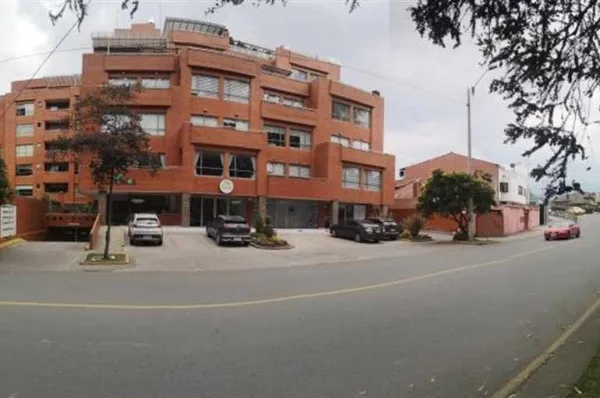Dollarization in Ecuador and two other Latin American countries has been mostly beneficial, analysts say, but it’s benefits are limited
By Salvador Estes
The use of the U.S. dollar in three Latin American counties, including Ecuador, has produced a mixed bag of results, analysts say. “On balance, you have to say it has been mostly beneficial but there are times, such as now, with the pandemic, where it is a burden,” says Carlos Mora, a regional director of the World Bank.
been mostly beneficial but there are times, such as now, with the pandemic, where it is a burden,” says Carlos Mora, a regional director of the World Bank.

Despite dollarization, economic health continues to be dicted by factors such as foreign trade.
Panama adopted the dollar in 1904, shortly after gaining independence from Colombia through the intercession of the U.S. and U.S. interests in the Panama Canal. The country continues to maintain the balboa as its national currency but its value is tied to the dollar and most transactions in the country, both internal and external, are conducted in dollars.
Ecuador abandoned its sucre in favor of the dollar in 2000 in the midst of a financial melt-down. Almost a quarter of the country’s banks and financial coops had failed and inflation was running at more than 100 percent. The move by President President Jamil Mahuad was blamed for costing many Ecuadorian families their life savings but, over the years, according to Mora, it has been accepted and supported by the population.
El Salvador’s move to the dollar in 2001 was based primarily on trade interests with the U.S., with which it had recently signed a free trade agreement. Like Panama, the country maintained its national currency, the colón, but fixed its value to the dollar. Also like Panama, most transactions in El Salvador are in dollars.
 “The downside of dollarization is that the countries that adopt it cannot print more money in times of financial crisis, which is the case now with Covid-19. This can be a terrible problem,” Mora says. “As many have pointed out, dollarization is a financial stright jacket.” He adds: “Ecuador is essentially broke and if it were not for loans from the IMF [International Monetary Fund], it would face a nightmare economic scenario.”
“The downside of dollarization is that the countries that adopt it cannot print more money in times of financial crisis, which is the case now with Covid-19. This can be a terrible problem,” Mora says. “As many have pointed out, dollarization is a financial stright jacket.” He adds: “Ecuador is essentially broke and if it were not for loans from the IMF [International Monetary Fund], it would face a nightmare economic scenario.”
Despite the downsides, some analysts contend that more countries in Latin America should consider adopting the dollar. “It will not happen with the current government, but Argentina should dollarize,” says Steve Hanke, economics professor at Johns Hopkins University in the U.S. “There is no discipline with the current economy, inflation is running wild, and it’s obvious they are headed for a crash.”
Economists, like Hanke, point out that dollarization is not a recipe for economic success. “It is simply a means, and maybe a short-term one, to stabilize an economy that has lost its bearings,” he says. “Economic growth and recession are still determined by traditional economic factors.”
Ecuador, he points out, was one of the strongest economies in the region from about 2006 to 2014, when oil prices were above $100 a barrel. “If this had continued, the country would still be thought of as a success story but, as it turned out, it is far too dependent on oil and other natural resources and when prices dropped, the economy suffered. This has nothing to do with being on the dollar.”
In the long term, many see dollarization as a net negative. “Dollarization has brought monetary stability but with a gigantic social cost,” says Pablo Dávalos, director of the Ecuador Economic Forum and professor at the Universidad Andina Simón Bolívar. “A perfect example are the conditions the government is forced to accept for the IMF loans. These disproportionately affect the poorer classes of the country and can eventually lead to civil unrest.”
Dollarization also allows governments to avoid making tough decisions. “It’s very easy to pass off the lack of smart governance to restrictions imposed by a foreign currency,” Dávalos says, adding: “And you can’t ignore the fact that being forced to use another country’s currency is insulting to the national pride.”

















